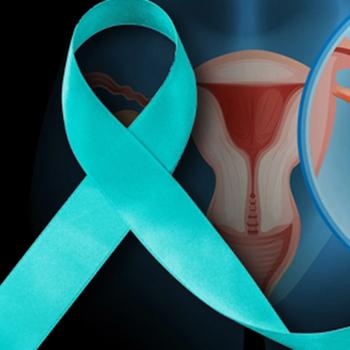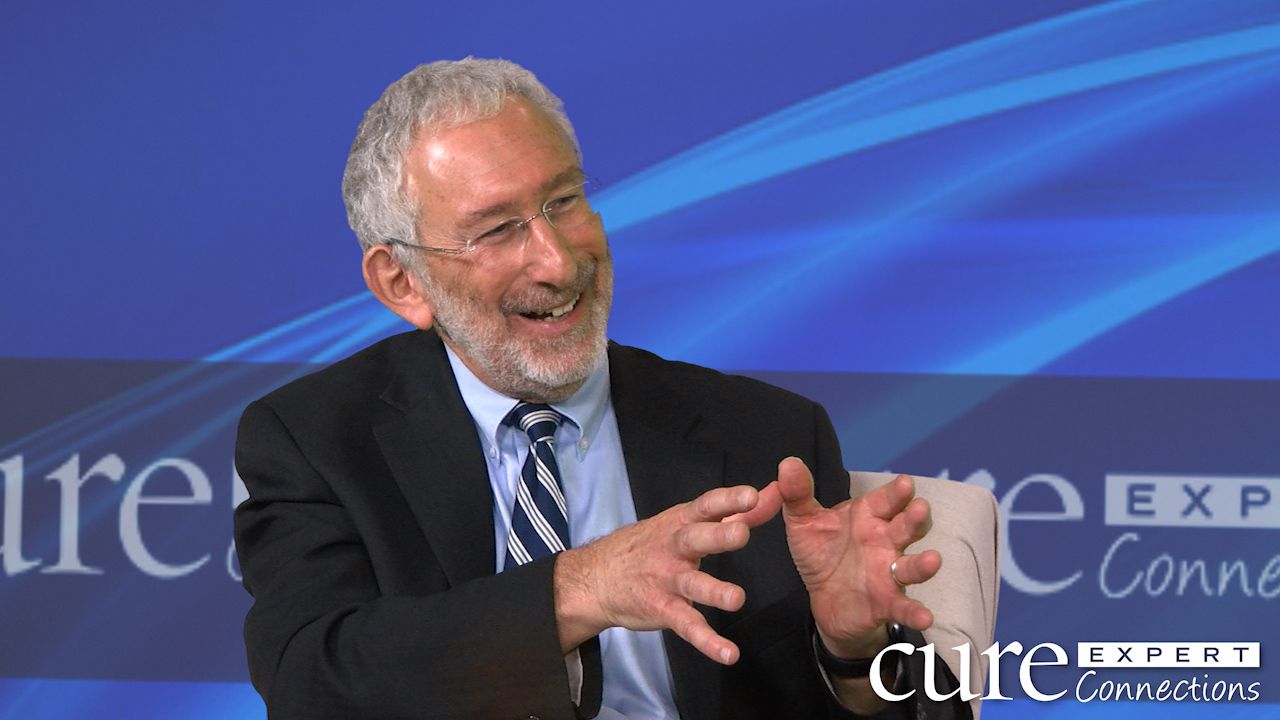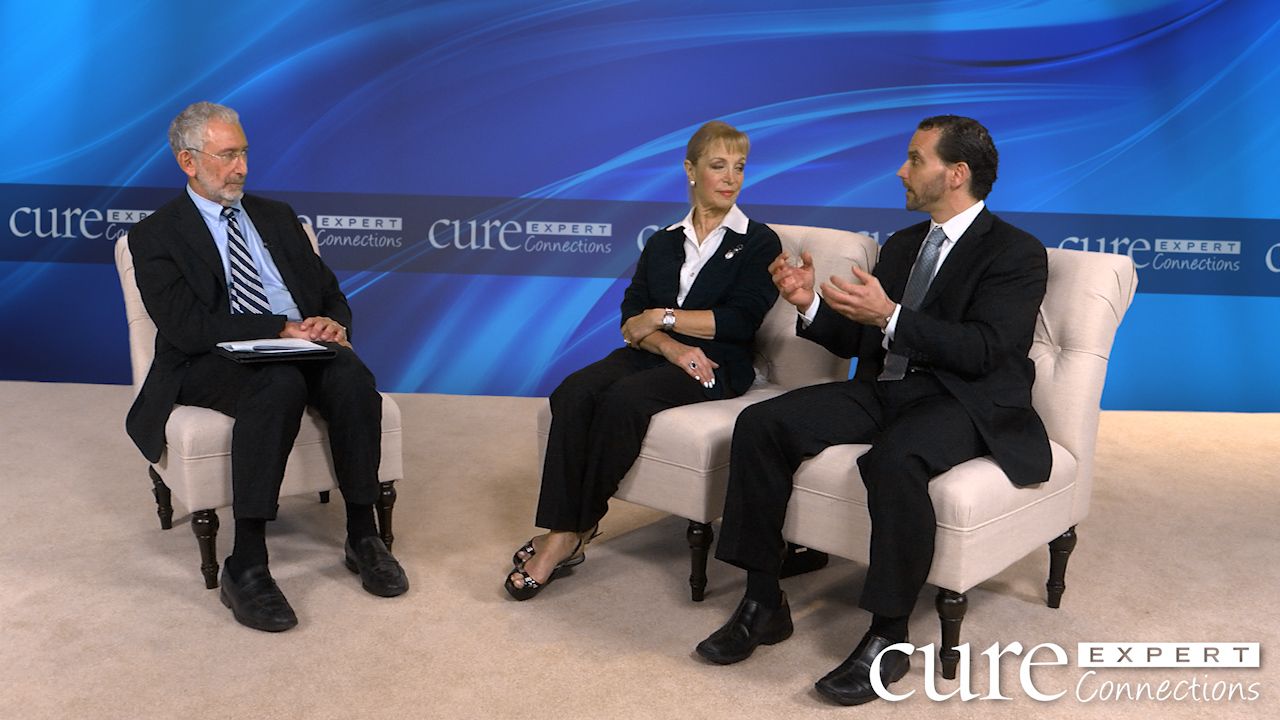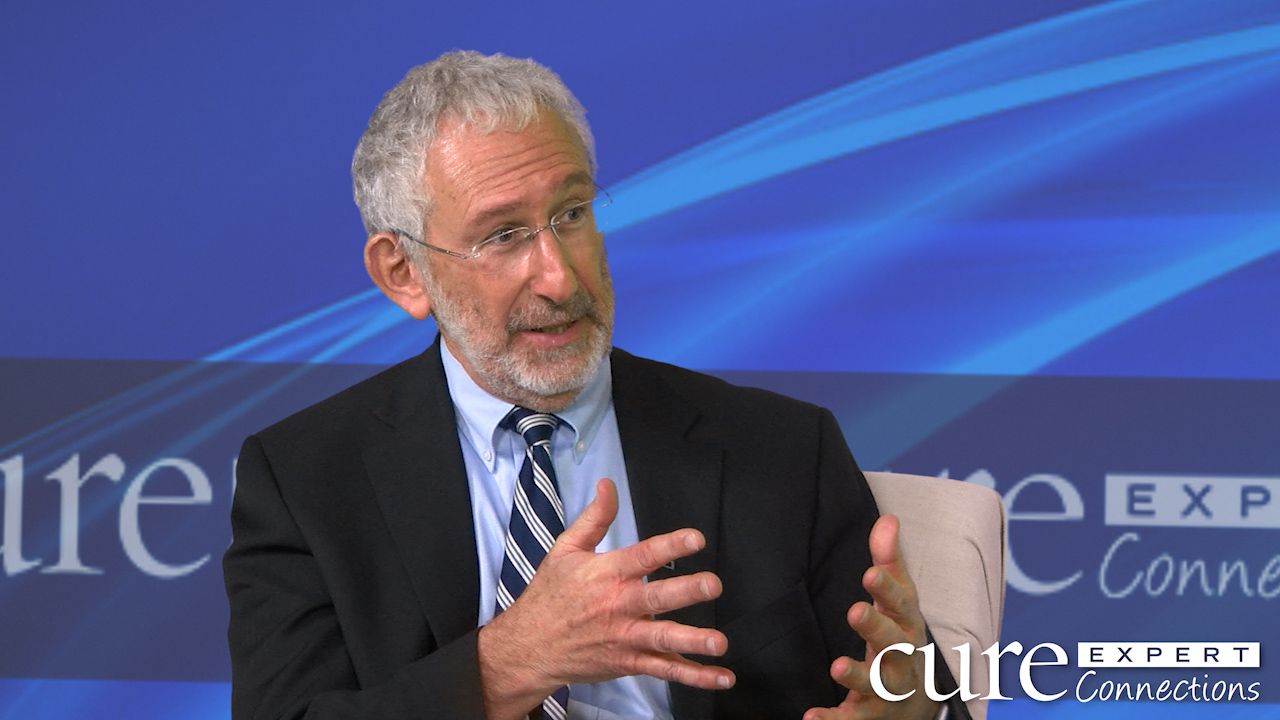
Ovarian Cancer
Latest News



Should I be planning big, celebratory trips or my funeral? My fears may not be rational, but they're real.

Recent findings that the most common kind of ovarian cancer may start in the fallopian tubes could have implications for the prevention, diagnosis and treatment of the disease subtype.

Oliver Dorigo, M.D., Ph.D., Associate Professor of Obstetrics and Gynecology (Oncology), Stanford University Medical Center, talks about the direction of research in the ovarian cancer field going into 2018 and beyond.

No matter how cancer makes you look, you’re still you—a better you.

Oliver Dorigo, M.D., Ph.D., associate professor of Obstetrics and Gynecology (Oncology), Stanford University Medical Center, discusses the lack of effective screening methods for ovarian cancer.

Oliver Dorigo, M.D., Ph.D., Associate Professor of Obstetrics and Gynecology (Oncology), Stanford University Medical Center, discusses recent exciting developments in the ovarian cancer field.

A supplemental new drug application (sNDA) for Rubraca (rucaparib), a PARP inhibitor, has been granted a priority review by the Food and Drug Administration.

Longer time in between pre- and postoperative chemotherapy may be associated with significantly worse survival outcomes in women with ovarian cancer.

As PARP inhibitors continue to improve outcomes in patients with ovarian cancer, they may one day be moved into the frontline treatment setting, said Susana M. Campos, M.D., a gynecologic oncologist at Dana-Farber Cancer Institute and an assistant professor at Harvard Medical School.

When facing ovarian cancer, it is critical to stay healthy and well-informed, says Anya Khomenko.

Checkpoint inhibitors in combination with PARP inhibitors are garnering interest, with the impact of PARP inhibitors already well established in this tumor type.

For some, being home for the holidays means lots of extra family time. Bright Pink, a national nonprofit focused on the prevention and early detection of breast and ovarian cancer, shares how women can take advantage of this opportunity to enrich their knowledge about their family's health history.

A newly studied blood test could be the answer to a serious question: How can a woman tell if she has ovarian cancer in its earliest stage?

People with cancer have to gear up for the emotional and mental workout of dealing with insurance. Here are some tips for coping.

Many patients who completed the survey felt maintenance therapy would help them buy time.

An antibody–drug conjugate is being tested in patients with platinum-resistant ovarian cancer.

If approved, the new indication would make frontline Avastin available in combination with carboplatin and paclitaxel, followed by Avastin alone, for women with advanced epithelial ovarian, fallopian tube or primary peritoneal cancer. The FDA is expected to render a decision on the sBLA by June 25, 2018.

Did a miracle occur after Mary Jane passed away from ovarian cancer?

The largest ruling yet was overturned by a California judge on Oct. 20.

Studies have shown that African American women tend to have worse outcomes after ovarian cancer surgery than their white counterparts.

The pharmaceutical company Clovis Oncology filed a supplemental new drug application (sNDA) to the FDA for their drug Rubraca (rucaparib) to be used as maintenance therapy for patients with recurrent epithelial ovarian, fallopian tube, or primary peritoneal cancer who are in a complete or partial response to platinum-based chemotherapy.

Rebecca Arend, M.D., gynecologic oncologist at University of Alabama at Birmingham Hospital, discusses the rapidly changing field of ovarian cancer.

To better understand ovarian cancer, as well as predict when women might relapse, it is crucial that researchers start investigating more of the molecular phases of the disease, says Peter Dottino, M.D.




